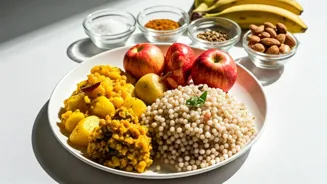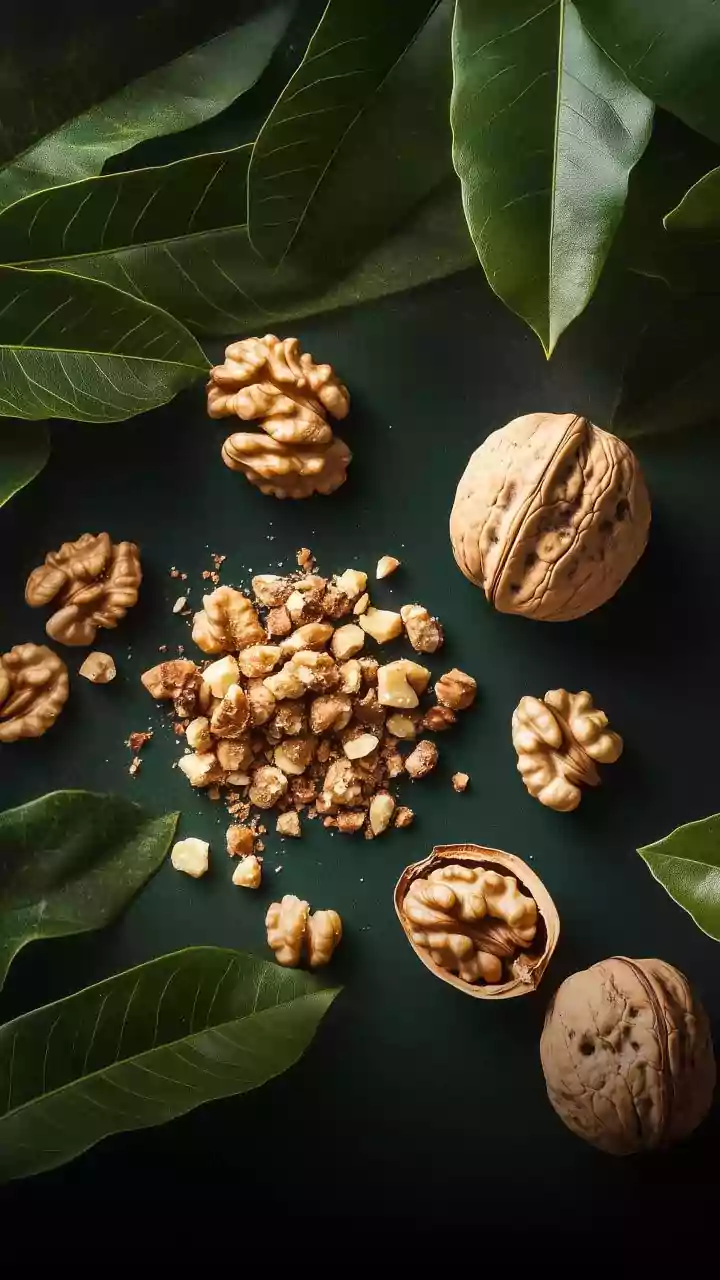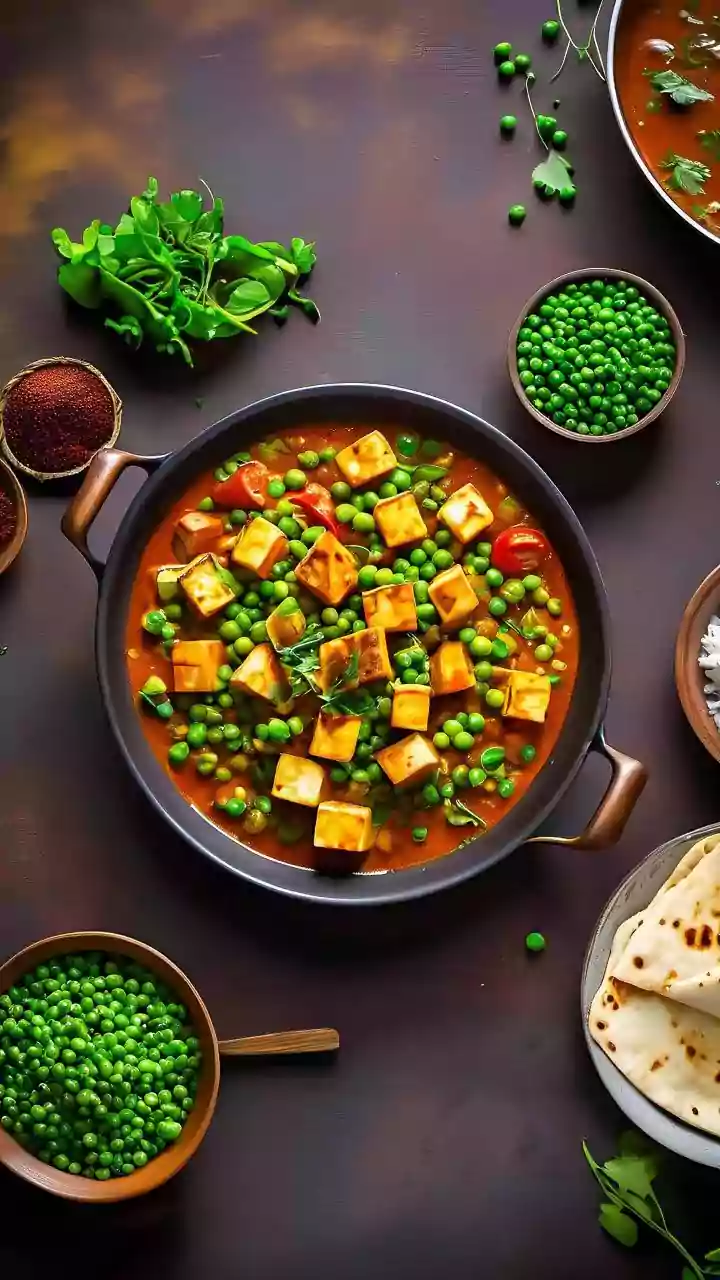Acceptable Grains and Flours
During the Navratri fast, specific grains and flours are permitted. These include Kuttu ka Atta (buckwheat flour), Singhare ka Atta (water chestnut flour), and Rajgira
ka Atta (amaranth flour). Buckwheat flour, a staple, can be used for making rotis, pancakes, or even savory dishes. Water chestnut flour is another versatile option often used in various snacks and sweets, providing a slightly sweet taste. Amaranth flour offers a slightly nutty flavor and can be made into rotis or used in other preparations. While these are the primary flours used, they're not the only choices available during Navratri. People also use samvat rice, a grain that is a popular choice for many Navratri recipes. This careful selection aligns with the dietary rules and allows for a variety of tasty and suitable meals during the fast.
Allowed Fruits and Vegetables
Many fruits and specific vegetables are key components of the Navratri diet. All fruits are typically allowed, providing essential vitamins and natural sugars. They can be eaten fresh, made into smoothies, or incorporated into other dishes. Several vegetables are also permitted, with potatoes being a common choice, prepared in various ways like boiled, roasted, or as a component in sabzis. Sweet potatoes, rich in nutrients, also are favored. Other vegetables include arbi (colocasia), suran (yam), and pumpkin. These choices ensure a balanced intake of nutrients, essential for maintaining energy levels and health during the fast. The emphasis on fresh produce highlights the importance of a natural and wholesome diet during this spiritual observance.
Permitted Dairy and Beverages
Dairy products are generally allowed during Navratri, with milk, yogurt (dahi), and paneer (Indian cheese) being common choices. Milk can be consumed as is, used in tea or coffee (often without caffeine), or added to other recipes. Yogurt offers probiotics and can be eaten plain, flavored, or combined with fruits. Paneer, a high-protein option, is often used in various dishes, providing a substantial and satisfying element to the meal. In terms of beverages, people frequently opt for fresh fruit juices and buttermilk. Buttermilk is a cooling beverage that aids digestion, making it a refreshing drink during the fast. Staying well-hydrated is also important, and it can be managed by drinking plenty of water. These dairy and beverage options provide essential nutrients and help keep the body functioning well during the fasting period.
Fasting-Friendly Spices
The spices used during Navratri fasting are selected carefully to align with dietary rules. Generally, some basic spices are permitted. These include sendha namak (rock salt), black pepper, cumin, coriander, and green chilies. Sendha namak is a key ingredient in many fasting dishes, as it's considered pure and suitable for the fast. Black pepper can be used to add flavor to dishes, providing a mild spice. Cumin and coriander are also common, contributing both flavor and potential health benefits. Green chilies add a kick to dishes. It's important to remember that other spices, such as turmeric, asafoetida, and garam masala, are usually avoided. The restricted use of spices ensures the purity and simplicity of the food. By sticking to the permitted spices, individuals maintain the integrity of their fast while enjoying flavorful meals.
Foods to Avoid
Certain foods are strictly prohibited during Navratri fasting. The primary ones to avoid are grains such as wheat, rice, and corn, and all-purpose flours. These foods are typically replaced with alternatives like buckwheat and water chestnut flours. Pulses and lentils are also avoided to adhere to the fasting restrictions. Processed foods, which usually contain additives and preservatives, are also a strict no-no. Onion and garlic are typically excluded. The dietary guidelines aim to create a pure and simple eating pattern. This disciplined approach helps in the spiritual cleansing that is intended to be achieved during the nine-day festival. Carefully choosing foods that are permitted and avoiding those that are not supports the spiritual goals of the fast.
Tips for Healthy Fasting
To make the most of your Navratri fast, consider a few key tips. First, drink plenty of water to remain hydrated. Water is essential for bodily functions and helps keep you energized during the fast. Eat small, frequent meals throughout the day. This can help to prevent overeating and maintain steady energy levels. Focus on consuming fresh, whole foods, and avoid processed or packaged items, as these can often be high in unhealthy ingredients. Ensure you get adequate rest, as fasting can sometimes cause fatigue. Lastly, remember to listen to your body and adjust your diet as needed. If you experience any discomfort or health concerns, it is always advisable to consult a healthcare professional. By carefully following these tips, you can create a positive and beneficial fasting experience during Navratri.


















